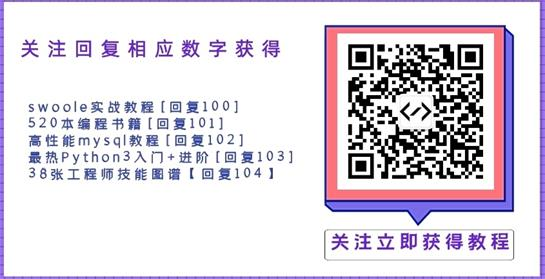require 'socket'
server = TCPServer.open(2000) # Listen on port 2000
sockets = [server] # An array of sockets we'll monitor
log = STDOUT # Send log messages to standard out
while true # Servers loop forever
ready = select(sockets) # Wait for a socket to be ready
readable = ready[0] # These sockets are readable
readable.each do |socket| # Loop through readable sockets
if socket == server # If the server socket is ready
client = server.accept # Accept a new client
sockets << client # Add it to the set of sockets
# Tell the client what and where it has connected.
client.puts "Reversal service v0.01 running on #{Socket.gethostname}"
# And log the fact that the client connected
log.puts "Accepted connection from #{client.peeraddr[2]}"
else # Otherwise, a client is ready
input = socket.gets # Read input from the client
# If no input, the client has disconnected
if !input
log.puts "Client on #{socket.peeraddr[2]} disconnected."
sockets.delete(socket) # Stop monitoring this socket
socket.close # Close it
next # And go on to the next
end
input.chop! # Trim client's input
if (input == "quit") # If the client asks to quit
socket.puts("Bye!"); # Say goodbye
log.puts "Closing connection to #{socket.peeraddr[2]}"
sockets.delete(socket) # Stop monitoring the socket
socket.close # Terminate the session
else # Otherwise, client is not quitting
socket.puts(input.reverse) # So reverse input and send it back
end
end
end
end

